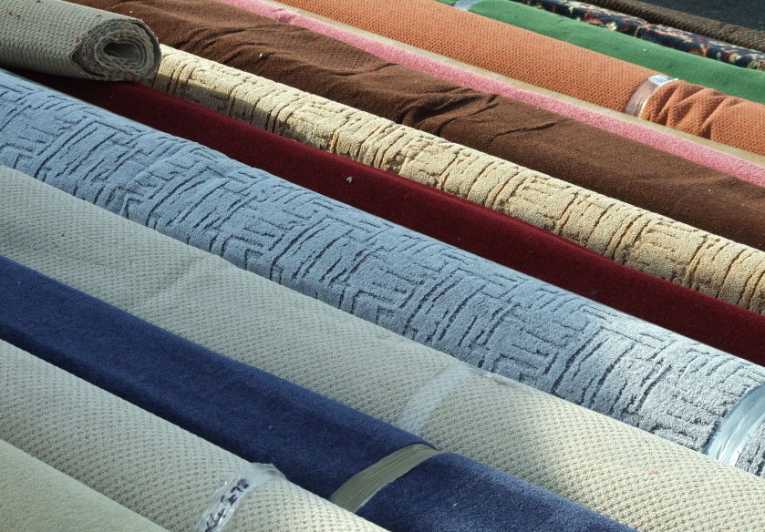Startup company, Modular Carpet Recycling (MCR), from Delaware, United States, says it has developed a process that can recycle nylon fibres from old carpet, which could save millions of barrels of oil in exports every year.
Green Tech Media reports that every person in the US uses 10 pounds of carpet annually, and that nearly two million tonnes of carpet becomes waste each year in the US, with the difficult material accounting for two to three per cent of California's waste stream alone. As five pounds of oil go into a single pound of nylon, efficient carpet recycling could create significant environmental savings.
Crucially, MCR says it is able to produce recycled nylon – branded Renewlon – for less than the cost of the virgin materials required to make nylon in the traditional way: 90 cents a pound, instead of around $1.10 a pound.
The technology involved in recycling the nylon comes down to a process MCR calls DynaSep. Carpet initially goes to a recycler where it is shaved, and MCR takes the fibres and dissolves them in a formic acid to make a 'nylon soup'. A 'secret' precipitation process then takes place at room temperature with elevated pressure, which eliminates any dirt and contamination, leaving 99 per cent pure nylon, which then goes through a further process to boost it to 99.8 per cent.
Significantly, the formic acid is reusable. As MCR's CEO Rom Simonetti says, “It's not a very energy-intensive process. If we couldn't reuse the chemicals we'd be dead in the water.”
Other nylon recyclers offer processes that achieve 95 to 98 per cent purity, but this is not enough to offset the economics involved in recycling costs. Due to the fine financial balance involved in carpet recycling, MCR is now also working on a shaving process that will allow it to capture more fibres; conventional techniques currently only result in about 50 per cent.
It is hoped that this technology will work hand in hand with the new legislation sweeping the US that sees a recycling fee placed on the cost of carpet. However, manufacturers are increasingly producing carpets from PET, which is technically recyclable but presents a number of economic issues in its comparative 'eco-friendliness'.










